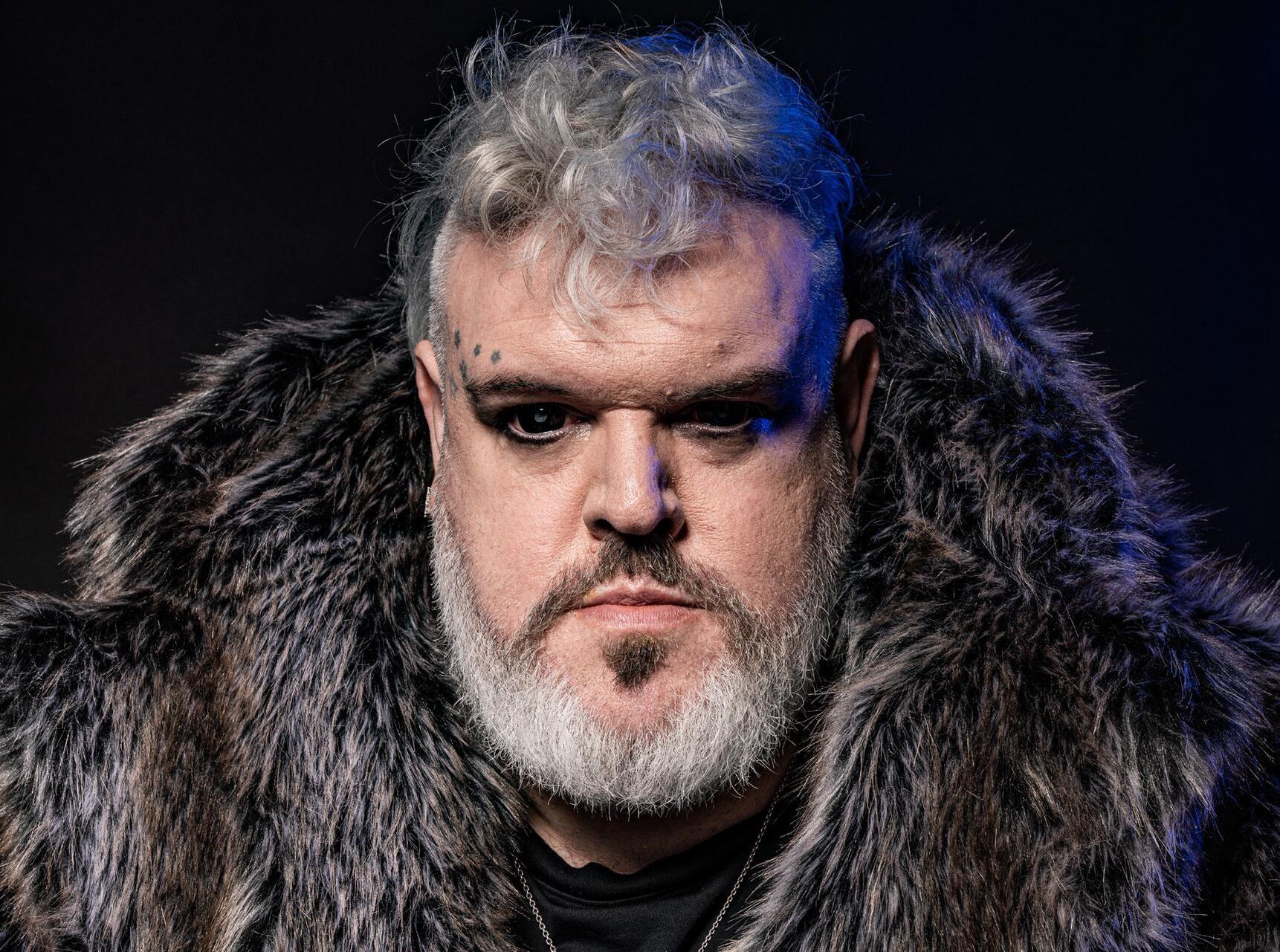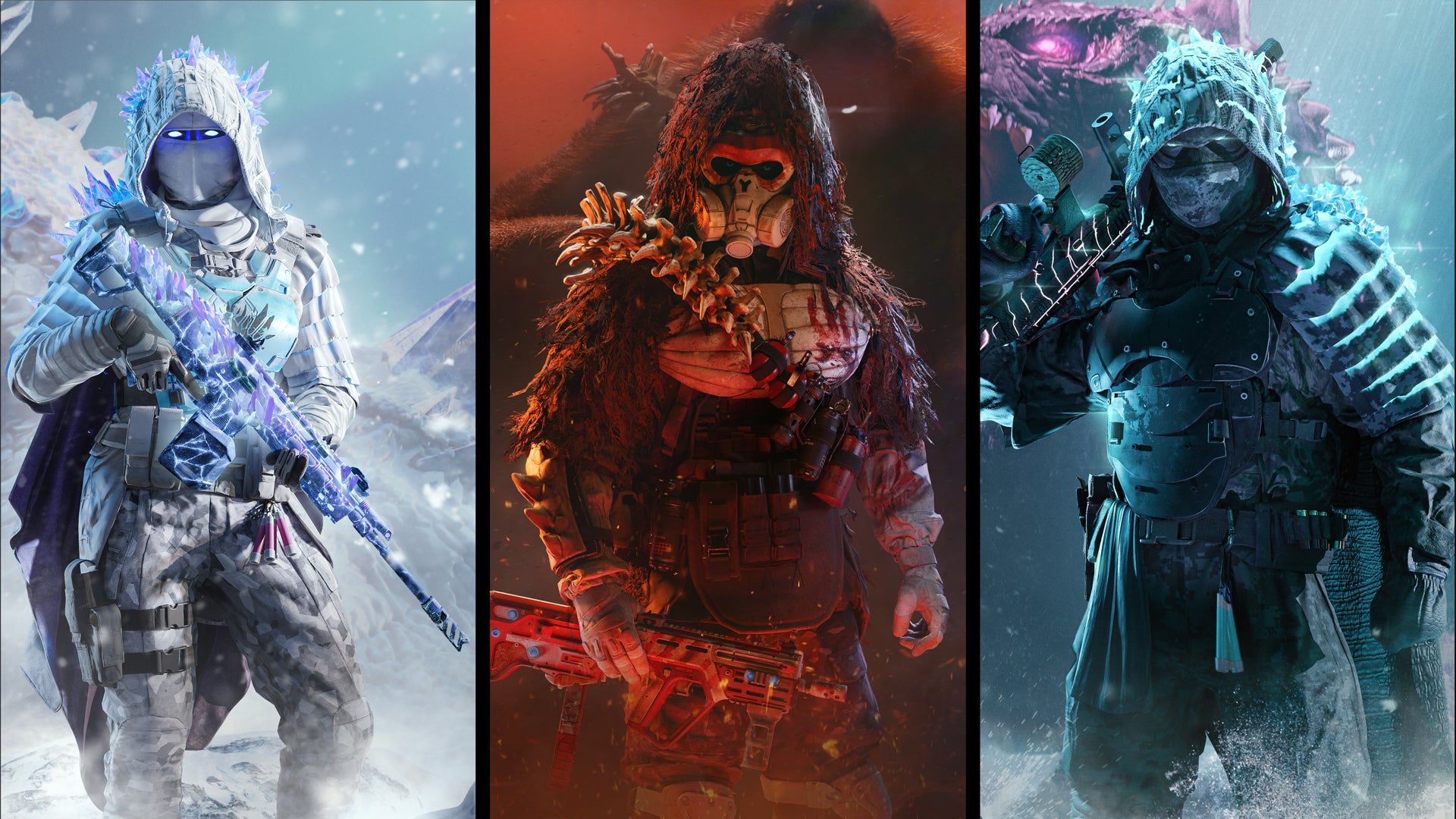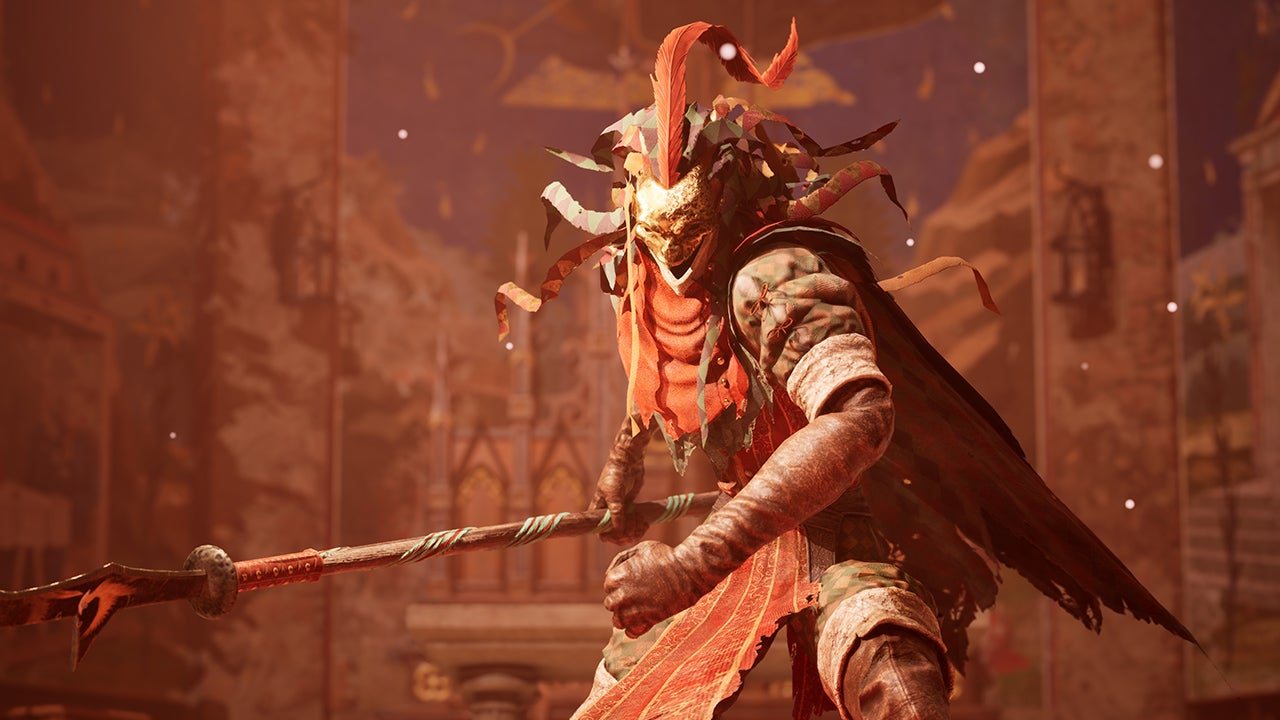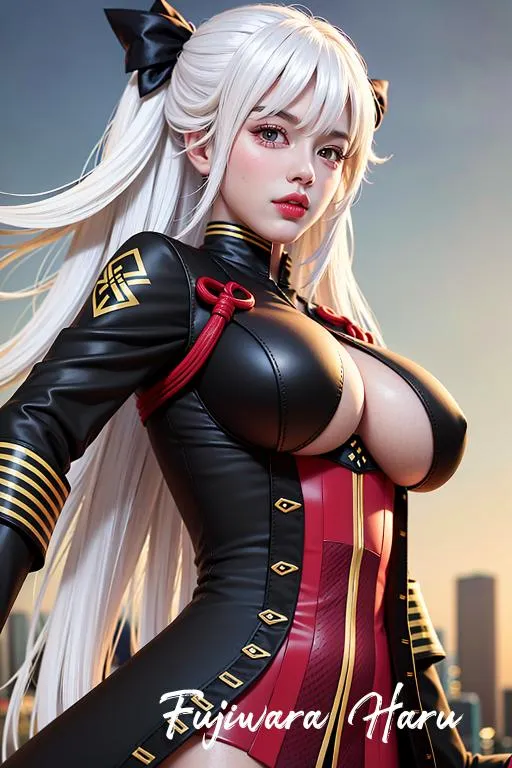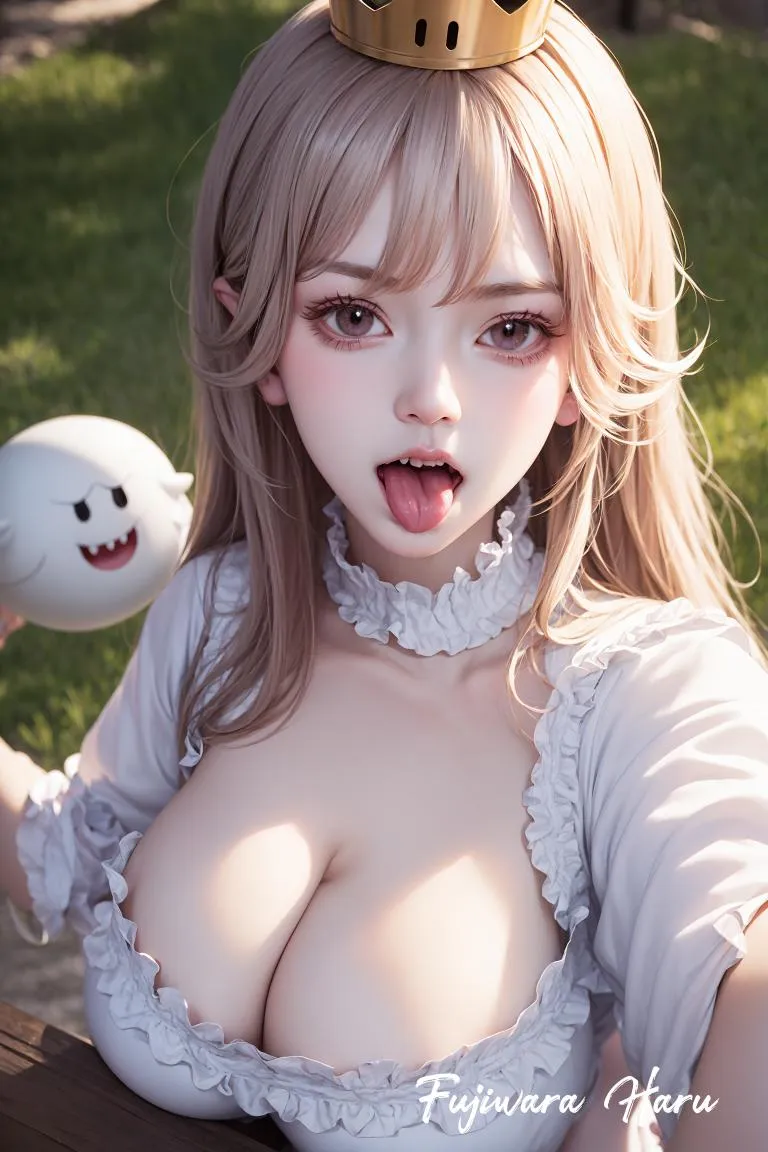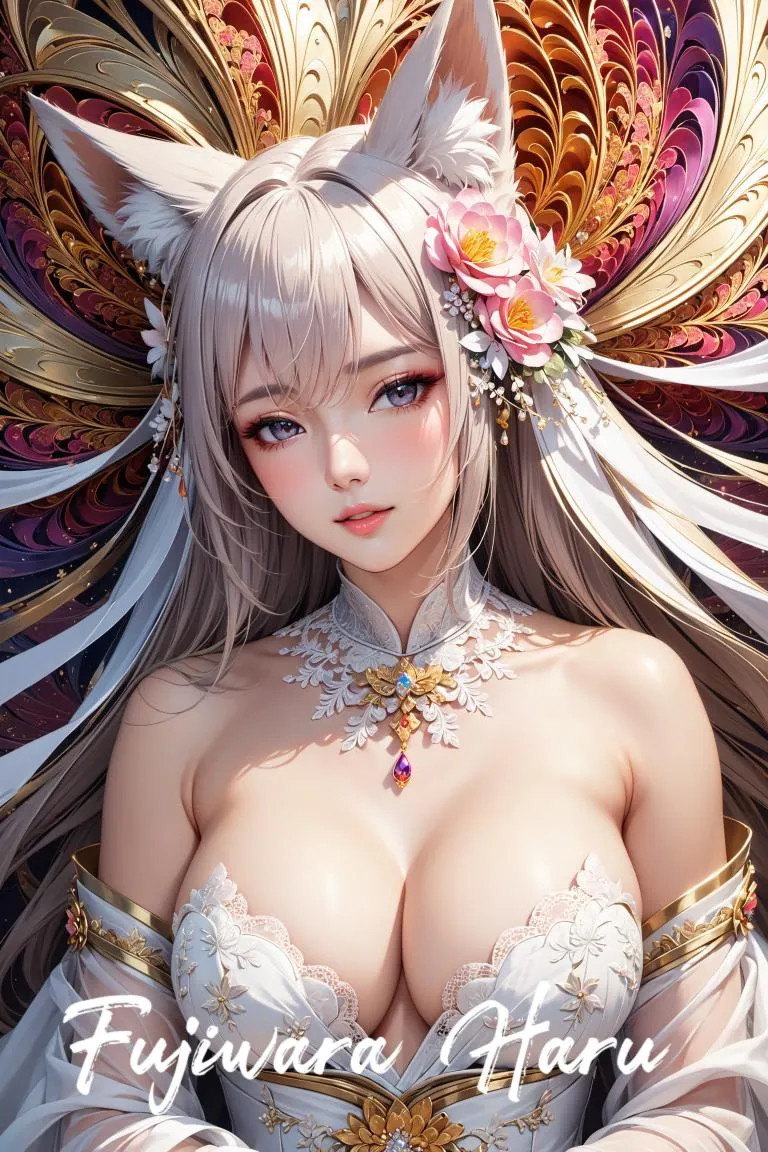
Kristian Nairn’s upcoming memoir Beyond the Throne: Epic Journeys, Enduring Friendships, and Surprising Tales is full of engaging production anecdotes about his work as Game of Thrones’ Hodor, the hulking, loyal servant who can’t say anything but his own name. But one of the most dryly hilarious stories happened away from the set, when he met Game of Thrones author George R.R. Martin for the first time. Sent to a fan event in Dublin during season 1, Nairn was given no media training, and no explanation about why he was the only actor invited. The event only drew around 15 people. And Martin greeted him with “So, have you read the books?” Nairn had not. The event was awkward.

Polygon spoke to Nairn ahead of the book’s release, and inevitably had to check in on whether he ever did get around to reading Martin’s Song of Ice and Fire books. “No,” he says, chuckling. “I mean, the first time I met George, I promised I would read them when — my excuse at the time was ‘when the show is finished,’ and the show wasn’t finished. And my current excuse is ‘when George finishes the books.’ So I think I’m pretty safe.”
The awkwardness and “Why am I here?” sensation Nairn experienced at that fan event is a running theme throughout Beyond the Throne. It’s a touchingly frank, intimate book that intersperses funny or embarrassing production stories with Nairn’s life history, including his childhood, family life, his coming-out story, and his career as a DJ and drag queen, up through his role on 2022’s Our Flag Means Death.
There are a lot of Game of Thrones highlights, from Nairn’s impromptu backyard audition (“Without doubt, it is the most random shit I’ve ever done”) to his physically and emotionally painful nude scene (“Holy God, look at the size of it!”) to Hodor’s dramatic final scene. But the real draw of Beyond the Throne is Nairn’s sense of humor, and watching him slowly find his own identity.
As an unusually big kid — he’s 6-foot-10 as an adult, and was 6 feet tall before age 13 — he was bullied, self-conscious, and defensive about his body. The resulting shyness heavily colored his adult life. A lot of his personal journey was about emotionally growing into himself, from navigating queerness in 1980s Belfast to learning confidence on a set to creating a popular drag persona, Revvlon, who he could use to express himself fiercely and fearlessly in public.
Polygon spoke to Nairn about that journey ahead of Beyond the Throne’s Sept. 24 publication. This interview has been edited for concision and clarity.
Polygon: This book tracks a huge journey of self-discovery, with a lot of phases in your feelings about acting, drag, DJing, and emotional health. But it ends a few years ago. What have the intervening years been like for you in terms of those aspects of your life?
Kristian Nairn: That’s a good question, because obviously the world is a very different place now, although the book was all written post-pandemic. I do feel things are very different now. I do love to act, still. I’ve just done a Dungeon Masters project with Jon Hamm and Felicia Day.
But it’s not as busy as it was, and certainly the club scene has changed. A lot of the clubs I would have toured through in America, like everywhere, most of them are gone. Most of them have closed, which I find very sad. It’s the same here in Belfast. So that’s very different. I just continue to keep myself very busy. The doors that have opened and the people I’ve met through Our Flag Means Death have just been unreal. The fans — I thought Game of Thrones had the most dedicated fans in the world, but they don’t even scratch the surface.
I had to buy a suitcase at the last convention because of all the gifts we were all given — really thoughtful, amazing stuff people have crafted. People have put their heart and soul into it, spent real cash on it. And we’ve all said, “Please… ” I mean, I love this stuff. I do keep it all. I have some of it out, though never — this is a total tangent, but I never put out anything with my own image on it. Maybe the drag image, but not as me, because I think it’s weird to have a shrine to yourself in your own home: That’s my own altar there!
[I’m still not doing] drag. I don’t feel like I have a relationship with drag — I never felt like a traditional drag artist, a traditional drag queen. I still feel it’s in there, but that’s why I don’t do it anymore — I was able to internalize Revvlon, and use her without having to dress up. I see I still speak of her as a different person, but that’s for my psychologist. But she was a very big part of my — she’s always in there. Every time I need a little bit of a fuck-you to someone who deserves it, that’s where it comes from.

One of the book’s big arcs is you finding your feet as an actor on Game of Thrones, getting the confidence to talk to directors instead of expecting them to treat you like a prop. How’s that evolution continuing?
When I look back, I wish I’d done it earlier. The more you collaborate — I can’t speak for every director, obviously, but in my experience, the more you ask to collaborate, the more I think they feel like you’re interested in your character. Even if you’re not getting it right, you’re trying, and maybe your ideas will be good. At first, I was afraid to say anything, in case I looked like a moron, said something ridiculous. But then I realized, This is my character, and I’m the one getting paid for this, not the director. So I can make some decisions within the parameters of what they’re asking for.
But I always had the manners to ask. I wasn’t just going to go off on a tangent. I didn’t really do it with Taika [Waititi, on Our Flag Means Death] because Taika is so collaborative anyway. He’s collaboration personified. Most of the things on screen in Our Flag are improvised. I was not ready for that. I was not ready — but I very quickly got ready.
But yeah, directors do put you in uncomfortable situations. If there’s anything you can take from my book, it’s that uncomfortable situations can lead to good situations. This is such a cliché to say, but I honestly can’t underline anything more. If I’m feeling uncomfortable — not bad, but uncomfortable — usually that’s when I’ll do my best work, and usually that’ll progress my career. It’s the moments where you don’t want to do something because you don’t feel like you can — that’s when to really put your foot to the floor.

Speaking of uncomfortable moments, as I was looking for previous interviews with you, to get a sense of things you’ve talked about in the past, I found so many interviews focused on the prosthetic penis in your nude shot in Game of Thrones. You tell that story again in Beyond the Throne, and the details are horrifying. But have you gotten tired of so many interviews zooming in on it?
I mean, you always wish people would focus on the more… I could end world hunger and tweet about it, and maybe three people will retweet it. But if I tweet “Hodor,” 50,000 people will retweet it. I could give out a formula to win the lottery, and people will think, What’s he rambling on about now? But if I say “Hodor,” there’ll be a million retweets or something. It’s just crazy.
I sometimes wish I could select what people listen to, but I can’t. And I know that’s an entertaining story. I’ve told it many times, and I think it’s a good way for me to put my sense of humor across, and to know how I’m not swanning onto set like a bodybuilder, flexing my pecs. I wanted people to know I’m just a regular guy — an overweight regular guy — but I’m on TV. So you can go on TV, and you can be an actor, and you can do all the things you fucking want to do. That’s why it was important for me to do that, and that’s why I don’t mind talking about it.
At the end of the book, you mention you loved the ending of Game of Thrones, the TV series, which is kind of a controversial take! What did you love about it?
I really didn’t see what people didn’t like about it. My only comment was “It could have been longer.” But listen — name me one show that people have really loved and were really invested in, where they loved the ending. Name it! I can’t! Even with Breaking Bad, people complained about the ending. I mean a show of that level, where people are really waiting for each episode. Not like a comedy or whatever, but a show with this kind of high stakes. Everybody had their own version of how they wanted it to end.
And everyone was so obsessed with the Dragon Queen, I don’t think they saw the bloody signs! It’s like, did she not say she was going to burn King’s Landing about three times? I remember seeing that, I’m not going crazy. Well, maybe I am, but not for that reason.
It didn’t shock me. I knew it was going to happen. I knew she was going to lose the plot. And I just thought there were some beautiful, beautiful scenes. People were upset because Jaime and Cersei weren’t put through, like, a mincer or something tragically awful. But look at that beautiful scene you had, almost like a Renaissance painting, where they’re lying in the rubble and Tyrion is walking through and finds them — my God, it’s art. It’s just art.
And you know, I do get it. I’m a fan of things, you know? I’ve just been playing through the most recent World of Warcraft expansion, and the opinions — I mean, you know what Warcraft is like, obviously, and you know how passionate the fans are. So I’ve been hearing all the opinions about that, and they’re different to mine as well. And that’s totally OK.
But people do want to hear my opinions [about Game of Thrones] more, because I was in the show. And I didn’t hate it. I didn’t hate it. If you want controversy, though, I didn’t enjoy season 2 of [House of the Dragon, aka HOTD, which he pronounces “hot day”]. That’s what we call it, by the way, we insiders. “Hot day” is an awful acronym. Anyway, I really enjoyed it, but I preferred the first season. It felt more Game of Thrones to me in the first season. So don’t get me wrong, don’t misquote me, I did enjoy it, but.
To me, the first season just felt like the next episode of Game of Thrones, only it was in the past. This season felt like a whole new show to me. Still good, but it didn’t feel like Game of Thrones.

In the book, you talk a few times about never watching episodes of Game of Thrones because you didn’t want to relive your set experiences. Sounds like you eventually looped back to watch it?
I’ve seen it twice now. First time I watched it, I watched like this [covers his eyes with his fingers, peeks through], like “Is this the scene? Is this the scene? Oh no.” Like that. Second time, I watched it in its entirety. I watched it during the pandemic, and my God, that was a welcome distraction.
So much of the book is about your discomfort with your body, and with putting yourself out in public, including never wanting to see yourself on screen. It sounds like you’re in a much better place with that now.
I’m not afraid for people to know me. The book is very frank — it definitely puts a spotlight on my thought process, which is an interesting thing to put out in the world. But I don’t have anything to hide, and that is the genuine truth. I just hope that someone can save a little time getting to where I got to. You see what I mean? I hope someone goes, “Well, I’ve felt this and this and this,” and can believe in himself a little bit more. Maybe that helps someone get there faster than I did.
Beyond the Throne: Epic Journeys, Enduring Friendships, and Surprising Tales will be published on Sept. 24.
Source:https://www.polygon.com/game-of-thrones/446245/in-beyond-the-throne-game-of-thrones-hodor-gets-raw-and-personal